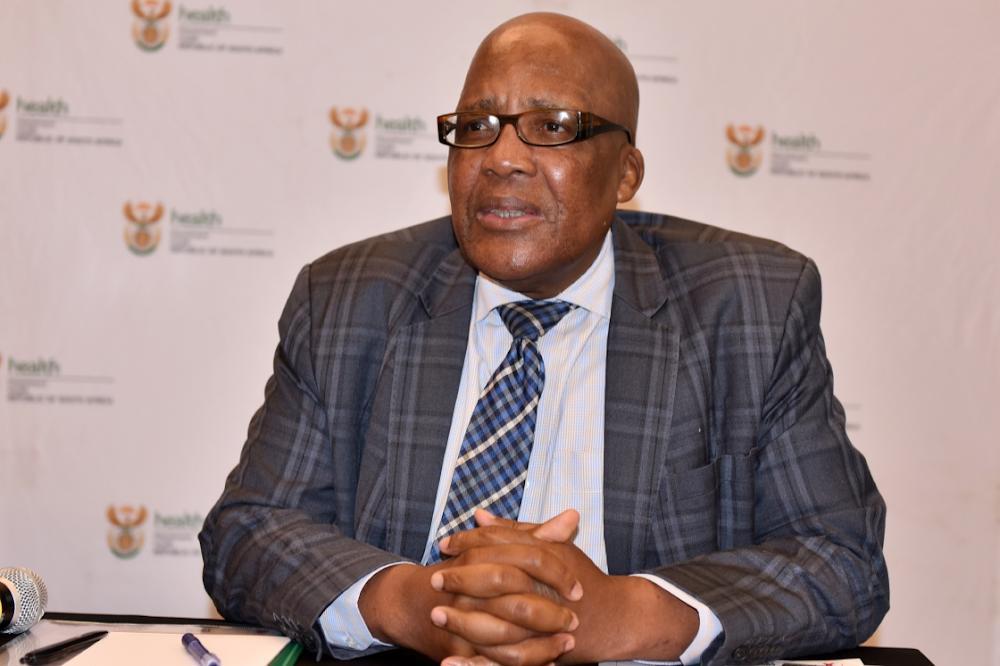Africa-Press – South-Africa. A committee of professionals appointed by health minister Aaron Motsoaledi to review human resources policies in the health sector is expected to complete its work after six months.
This was revealed by the minister on Thursday, indicating they believe some health policies adopted at the dawn of democracy are obsolete or no longer serve the purpose they were intended for.
“Some have created unnecessary costs without tangible benefits. Some have contributed to the undermining of the public sector`s ability to deliver quality services,” he said.
Motsoaledi said at the National Health Council meeting held in November last year, a decision was taken for a review of the policies. He appointed a review committee in terms of the National Health Act to review the following policies:
remunerative work outside the public service (RWOPS);
commuted overtime;
community service; and
rural allowance.
Motsoaledi said the review will be gazetted by the end of Friday, after which the committee will start work.
“We are hoping the team will do the work in six months and report.”
They believe RWOPS can become obsolete, he said, adding that at the advent of democracy trade unions led by Cosatu approached the state and complained that public servants are not paid enough, unlike in the private sector.
Unions asked the government to allow public servants to do remunerative work outside public service, to which government agreed.
The situation in the health sector has changed dramatically since then, he said. When occupational-specific dispensation was implemented, the situation was the opposite.
Motsoaledi said he believed commuted overtime came into effect because it was believed doctor need to be on call.
“Commuted overtime is being abused and is not being managed well together with RWOPS. Management positions are taken over by junior people, and the people who do RWOPS are senior. It is very difficult to confront your senior.”
When the department advertises jobs for CEOs of hospitals, senior doctors are not interested, he said.
Community service policies needed to be reviewed as they were introduced years back when doctors refused to work in rural hospitals.
The department also wants to review rural allowances as the dynamics have changed over the past 30 years.
Motsoaledi encouraged members of the committee to interact with deans of medical schools who are responsible for teaching hospitals.
“We encourage members of the public to interact with them so when they give the final report, nobody can claim they were not consulted.”
For More News And Analysis About South-Africa Follow Africa-Press






